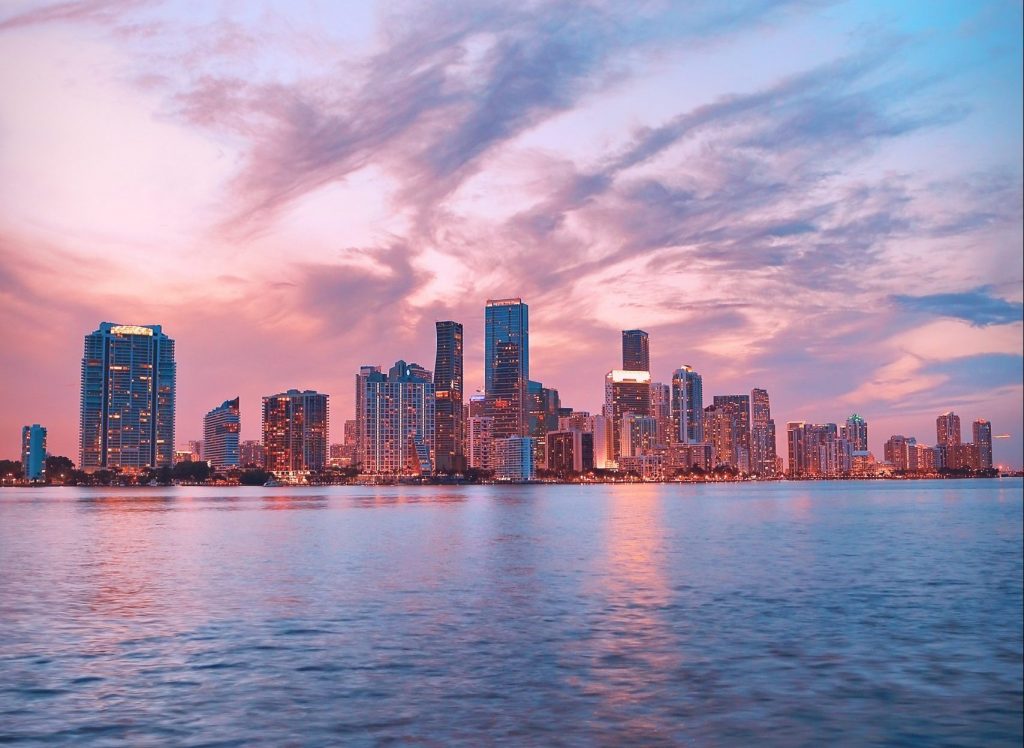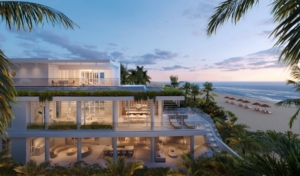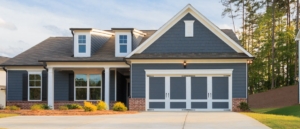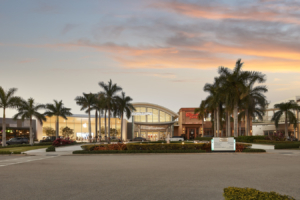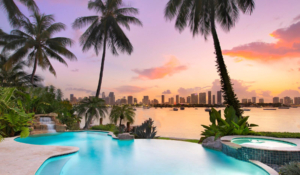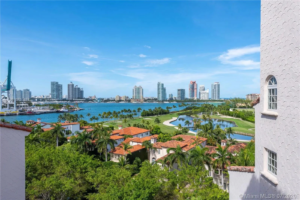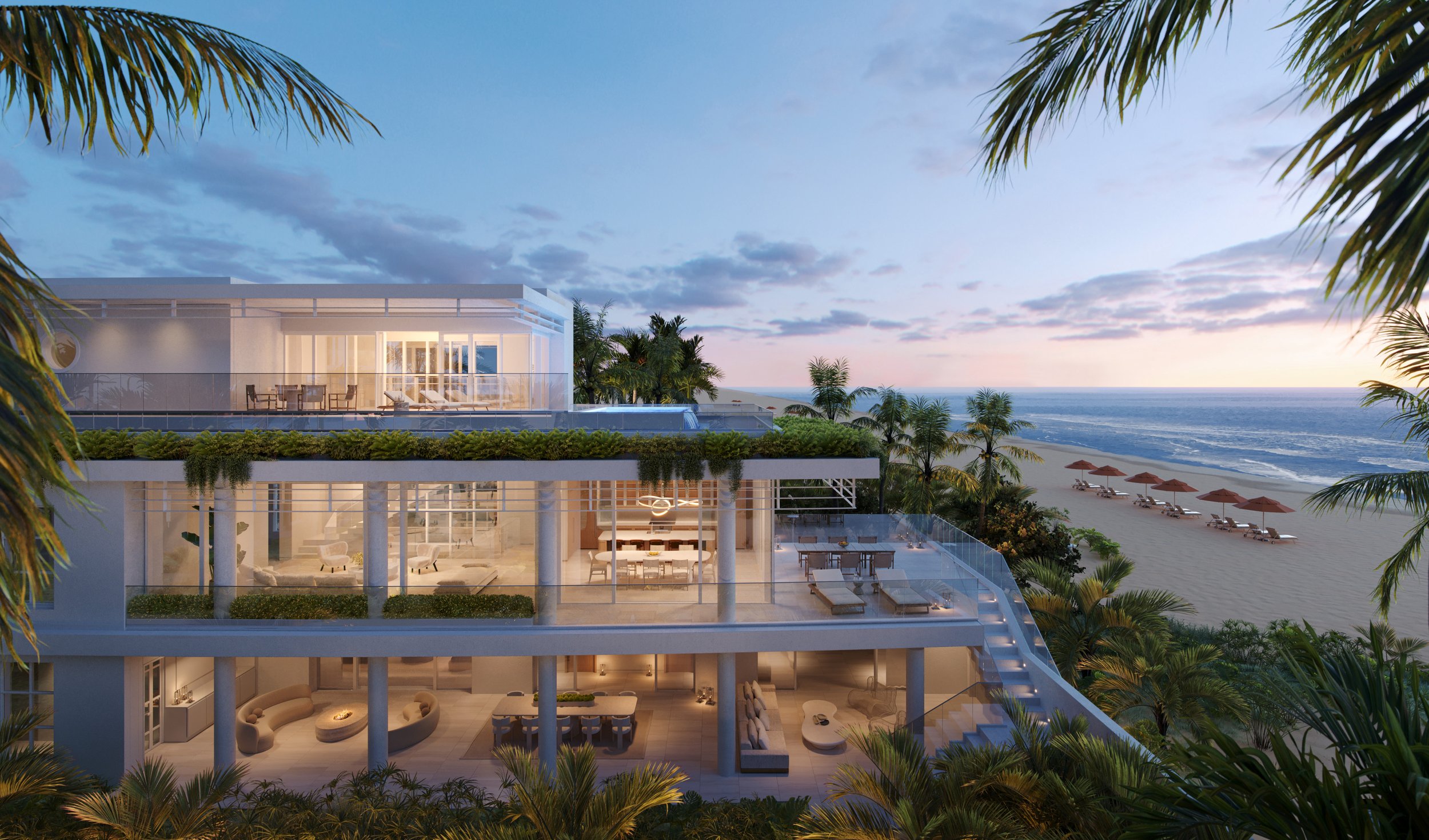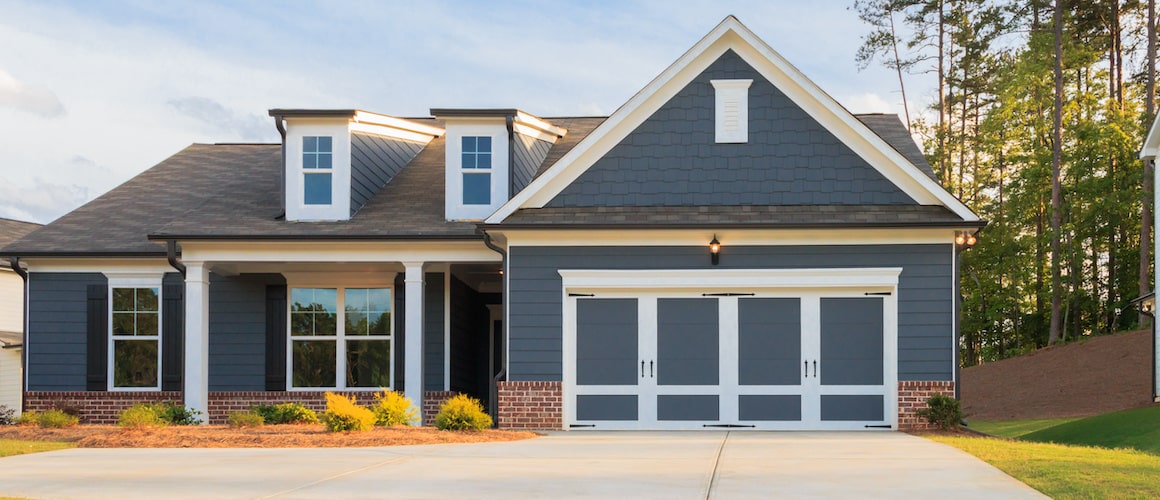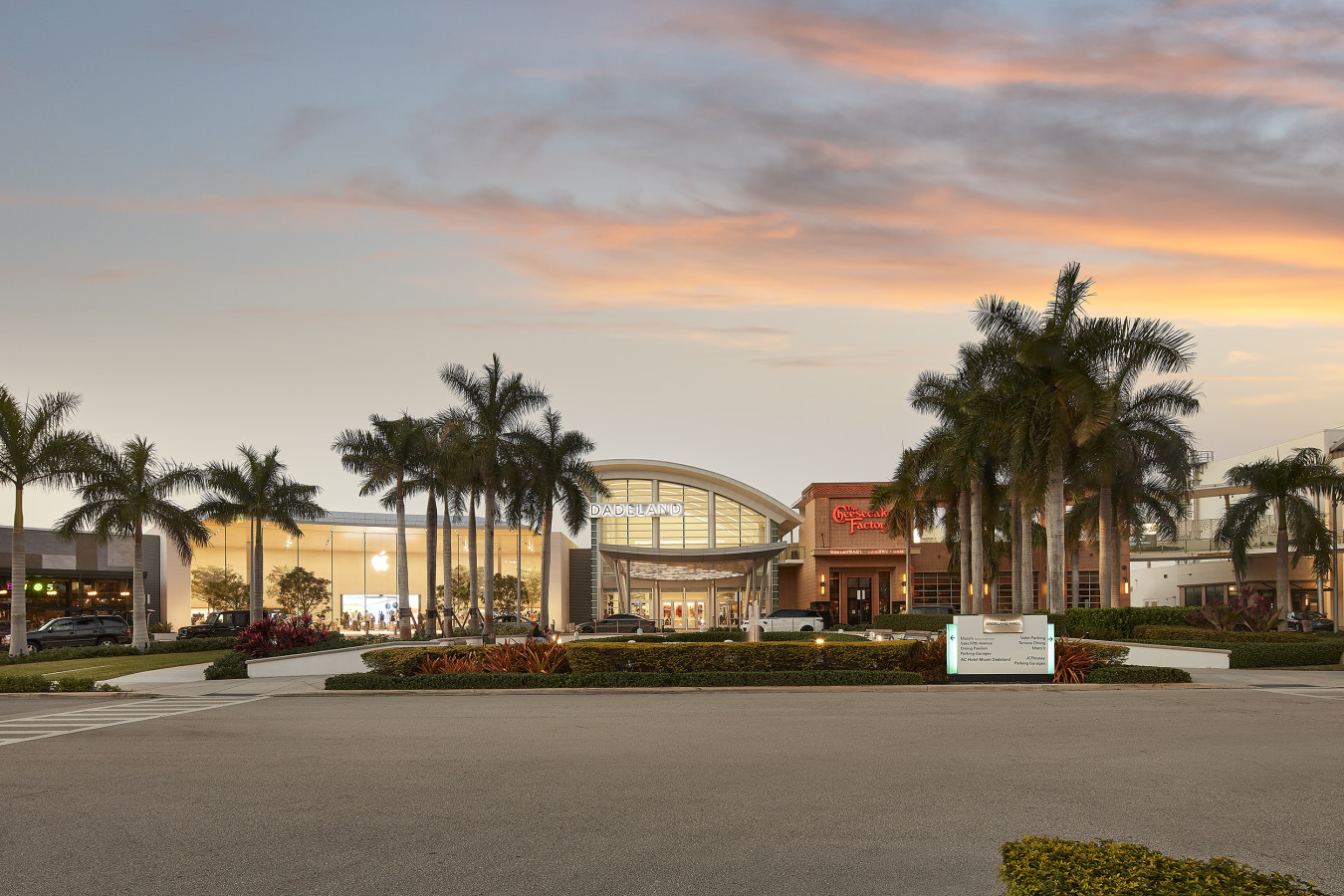South Florida Retail Market Surges with High-Profile Lease Signings Across Miami-Dade
The South Florida retail landscape is experiencing unprecedented momentum as major brands and local entrepreneurs continue to secure prime commercial spaces across Miami-Dade County. A recent survey of commercial real estate investors ranked Miami #2 among the most attractive markets for investment for the second consecutive year, according to CBRE's 2025 U.S. Investor Intentions Survey. This surge in investor confidence is translating into significant lease activity, with notable expansions planned throughout the region.
Wynwood's Retail Renaissance: West Elm's Strategic Move
The trendy Wynwood district continues to attract national retailers, with West Elm announcing its upcoming flagship location at the prestigious Dorsey mixed-use development. The furniture and home décor giant has secured over 12,000 square feet at 286 Northwest 29th Street, positioning itself within the heart of Miami's most dynamic arts district.
The Dorsey represents a landmark achievement in mixed-use development, featuring 306 residential units alongside 33,000 square feet of retail space and 78,000 square feet of office facilities. Completed in 2022 through a collaboration between the Pérez family's Related Group, Alex Karakhanian's Lndmrk Development, and Ben Mandell's Tricera Capital, the building exemplifies the sophisticated urban living that has made Wynwood a destination for both residents and retailers.
This strategic expansion comes as West Elm repositions its Miami presence, having recently closed its Midtown location. The brand's decision to relocate to Wynwood reflects broader retail trends favoring experiential shopping districts over traditional commercial centers. Miami continues to lead rental rates in the area at $44.66 / sf with a vacancy rate of 2.7%, demonstrating the market's strength and desirability for premium retail concepts.
Culinary Expansion: Sushi Sake's Westward Growth
The restaurant sector continues to drive significant leasing activity, with Sushi Sake announcing its expansion into Weston through franchisee Marin Hospitality. The popular sushi chain will occupy 3,500 square feet plus outdoor dining space at 308 Indian Trace, targeting the affluent residential market in western Broward County.
This expansion reflects broader trends in the restaurant industry, where restaurants leases that accommodate advanced technology, such as self-service kiosks, AI-powered order management, and seamless third-party delivery integrations are now deemed much more desirable to any success restaurant business. The selection of Weston demonstrates strategic geographic diversification, tapping into suburban dining markets that have shown resilience and growth potential.
The American Realty Advisors-owned shopping plaza provides Sushi Sake with access to a demographic known for dining out frequently and appreciating quality Japanese cuisine. This location strategy aligns with industry predictions that suburban restaurant locations will continue to outperform urban counterparts in the post-pandemic landscape.
Pembroke Gardens: A Retail Transformation Hub
The Pembroke Gardens retail center in Pembroke Pines has emerged as a case study in successful retail repositioning. Baker, sommelier, and restaurateur Paula Marsola has expanded her culinary footprint with the opening of LB Eatery & Wine by Paula Marsola, a 1,600-square-foot space emphasizing natural fermentation and seasonal ingredients.
The strategic positioning adjacent to her existing Lady Baker establishment creates a synergistic dining and retail experience. This expansion represents a growing trend toward multi-concept operations that maximize customer touchpoints and create destination experiences rather than single-purpose visits.
The broader Pembroke Gardens transformation includes several major national brands. The Container Store's 15,000-square-foot location and Anthropologie's 8,100-square-foot store opened in April, while upcoming additions include Aerie (4,500 square feet), Bluemercury (2,500 square feet), and Crema Gourmet (2,000 square feet). This cluster of complementary retailers creates a shopping ecosystem that drives cross-traffic and extends visit duration.
Federal Realty Investment Trust's ownership of Pembroke Gardens brings institutional expertise and capital resources that enable comprehensive center improvements and strategic tenant curation. The REIT's track record in retail development provides confidence in the center's long-term success.
Miami's Athletic Retail Expansion
The athletic and outdoor retail sector continues to show strong growth, with Midway Sports securing 5,800 square feet at River Landing Shops & Residences. Founded in 1975 and led by President Mike Tosar, the Miami-based retailer carries premium brands including Nike, Jordan, and Under Armour.
The River Landing location represents a significant opportunity, situated within Urban-X Group's 2.2 million-square-foot mixed-use development completed in 2020. The project's scale—encompassing over 500 apartments, 345,000 square feet of retail, 135,000 square feet of offices, and a riverfront promenade—creates a substantial built-in customer base for Midway Sports.
This expansion reflects broader trends in athletic retail, where experiential shopping and community engagement drive success. The River Landing location's proximity to the Miami River and outdoor recreational activities aligns perfectly with the active lifestyle brand positioning.
Specialty Food and Organic Market Growth
The specialty food sector continues to expand, with Garden Butcher announcing its second location in downtown West Palm Beach. Founded by Erin Leeds, the grocer and organic food store will occupy 2,400 square feet at The Shoppes on Gardenia, targeting the growing demand for premium, locally-sourced food options.
This expansion represents Eric Cohen's EBC Capital's broader downtown West Palm Beach investment strategy. The firm's $5.6 million acquisition of properties at 501 South Olive Avenue and 303 Gardenia Street demonstrates confidence in the area's gentrification and retail potential.
The adaptive reuse approach taken by EBC Capital reflects broader commercial real estate trends emphasizing sustainability and historic preservation. These projects often command premium rents while contributing to neighborhood character and walkability.
Professional Services and Commercial Real Estate Activity
The commercial real estate sector itself continues to drive significant leasing activity, with MG Developer relocating its headquarters within Coral Gables. Led by Alirio Torrealba, the firm secured 7,200 square feet at 400 University Drive, while Home Financing Center renewed its 3,500-square-foot lease at the same location.
These professional services moves reflect the broader health of South Florida's commercial real estate market. The Miami industrial market recorded nearly 1.9 million square feet (msf) of new leasing activity during Q1 2025, a 7.2% YOY increase despite dipping slightly from the previous quarter.
Market Insights and Future Outlook
What's driving the retail expansion boom in South Florida?
The combination of population growth, tourist influx, and favorable business climate continues to attract retailers. South Florida's population was expected to grow by 6% by 2025, more than twice the national average of 2.4% for the same time period, creating expanding consumer markets that support retail growth.
How are retail leasing trends changing in 2025?
Modern retail leases increasingly emphasize technology integration, flexible space configurations, and experiential elements. Retailers are prioritizing locations that offer connectivity, sustainability features, and opportunities for community engagement.
What neighborhoods are emerging as retail hotspots?
Wynwood continues to lead in attracting national brands, while suburban markets like Weston and Pembroke Pines show strong growth in restaurant and specialty retail. Downtown West Palm Beach is experiencing renewed interest from food and beverage concepts.
How do vacancy rates compare across South Florida markets?
Miami maintains the lowest vacancy rates in the region at 2.7%, reflecting strong demand and limited supply. This creates a competitive leasing environment that favors landlords but also drives innovation in tenant improvement packages.
What role does mixed-use development play in retail success?
Projects like the Dorsey and River Landing demonstrate how integrated residential, office, and retail components create synergistic environments that drive consistent foot traffic and reduce retail risk.
Are restaurant chains prioritizing suburban or urban locations?
The trend favors suburban locations with adequate parking, outdoor dining capabilities, and proximity to residential density. However, unique urban districts like Wynwood continue to attract concepts seeking brand differentiation.
The South Florida retail market's resilience and growth trajectory position it as a national leader in commercial real estate innovation. As major brands and local entrepreneurs continue to invest in the region, the landscape will likely see continued evolution toward experiential retail formats and technology-enhanced customer experiences. The combination of demographic growth, tourism recovery, and strategic development initiatives creates a compelling environment for retail expansion across multiple sectors and price points.

